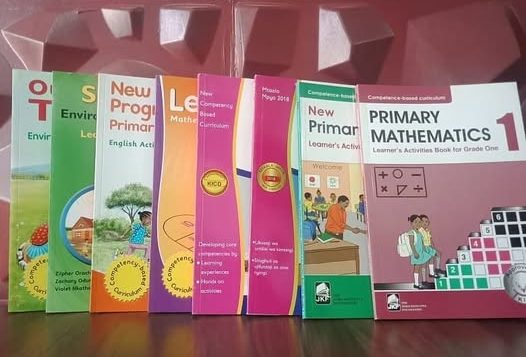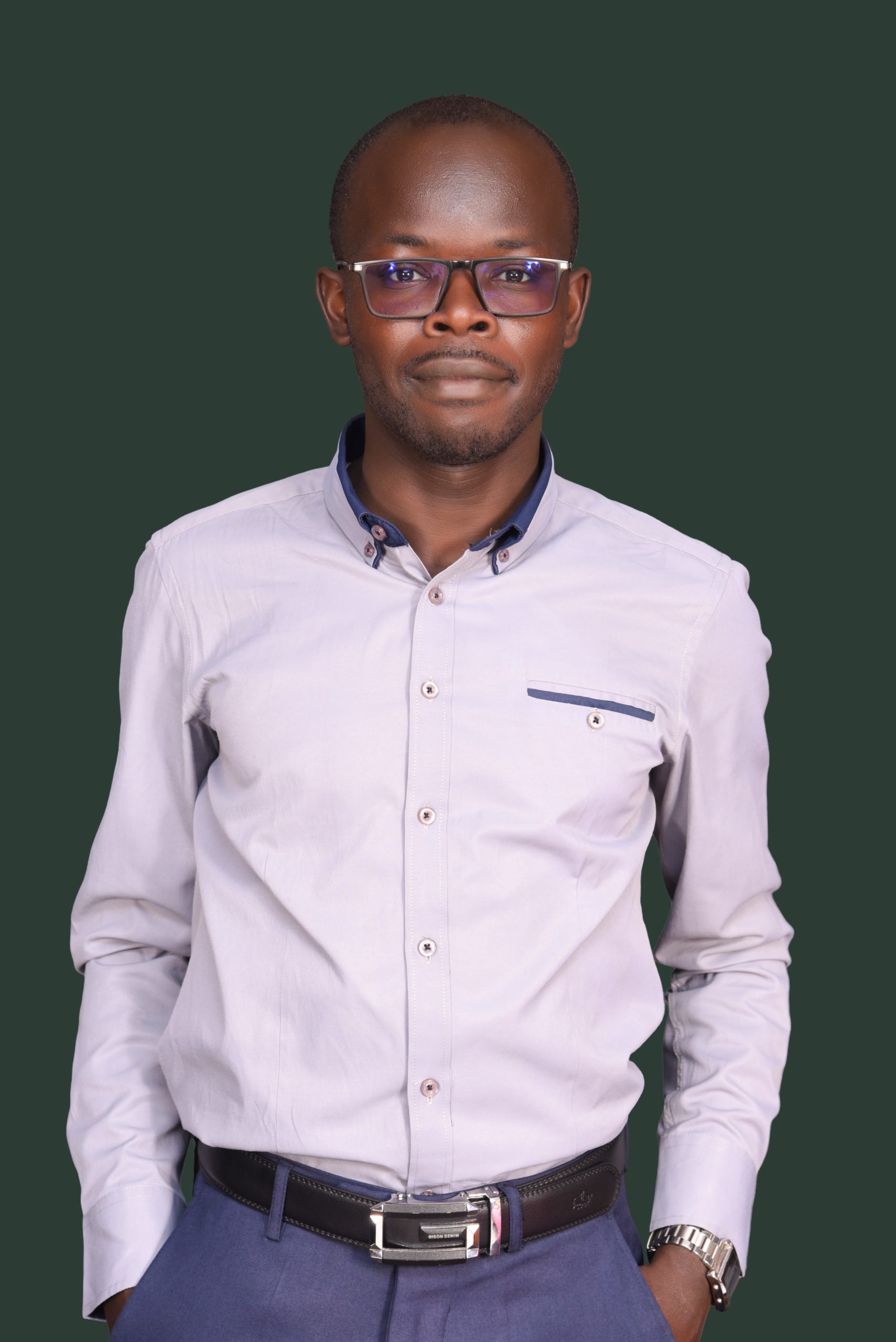In Exploring Career Options A-Z: An Essential Guide for Students on Career Planning and Choice, Martin Kinoti writes about two types of qualifications students require in order to secure jobs after formal training and tutelage in tertiary institutions.
Ideally, he captures academic and professional qualifications. In Exploring Career Options A-Z: An Essential Guide for Students on Career Planning and Choice, Martin Kinoti writes about two types of qualifications students require in order to secure jobs after formal training and tutelage in tertiary institutions.
Ideally, he captures academic and professional qualifications.
Academic Qualifications
Academic qualifications focus on credentials certifying that a student has achieved a certain level of education. Actually, education is the literacy, knowledge or skills – garnered through learning and instruction.
Wielding and brandishing academic qualifications means that a student has successfully completed a particular course of study. There are umpteen academic qualifications.
In the 8-4-4 System of Education, learners sit for Kenya Certificate of Primary Education (KCPE) in the zenith of STD 8.
Consequently, they sit for Kenya Certificate of Secondary Education (KCSE) at the acme of Form 4.
Those are some lowest academic qualifications.
Moreover, in a heroic book titled the Career Decoder, polyhistor Samuel Kanja argues that in Kenya, currently, students yearning to pursue a degree programme in the university should have at least a C+ (plus) of 46 points for those undertaking KCSE, and 3.4 GPA for IGCSE.
Meaning, upon completion of high school, a student can matriculate into a university or college: to trace the true North, and find a new path.
At that stage, there are various academic qualifications conferred on graduates during commencement ceremonies.
The lowest level being a certificate course, which is a qualification graduates get after completing 3-6 months certificate course.
However, some certificate courses take more than a year. In Technical and Vocational Colleges (TVCs), there are plenty of artisan and craft certificate courses.
Then, the next level is a diploma, a qualification graduates get after completing a recognized diploma course. In a larger sense, an ordinary diploma course takes 3 years.
The Higher Diploma is normally a qualification in a technical field or subject. In most cases, students pursue Diploma courses in colleges. However, there are universities that offer Diploma courses.
From Diploma, we move to a Degree, which is a course of study at a university, or the qualification students manage to get after completing a course in the university.
Bachelor’s Degree or Undergraduate Degree is the first qualification students manage to get after a course from a university in Kenya. A Bachelor’s is a Foundation or Ordinary Degree.
Some undergraduate degrees include: Bachelor of Arts (BA), Bachelor of Science (BSc), Bachelor of Commerce (BCom), et cetera.
In a larger sense, most general undergraduate degrees in Kenya take a span of 4 years to complete, whereas traditional courses such as Architecture, Medicine, et cetera — can take 5-8 years.
Once a student attains the first degree, the student becomes a graduate. Such a student based on volition can purpose to take Higher (Post-graduate).
It can be a Post-graduate Certificate or Diploma.
In most cases, after a university degree, the student has the discretion to enroll for Master’s Degree. For example, a Master of Business Administration (MBA), Master of Science (MSc), Master of Education (MEd), et cetera. Doctorate Degree is the highest academic qualification given in the university.
It is Doctor of Philosophy (PhD/DPhil). It is not Permanent Head Damage (PhD) or Poor Hair Distribution (PhD).
Professional Qualifications
Professional qualification focus on certification or credential that brings out competence, essential knowledge and requisite skills: to practice a certain trade or profession.
A profession is a career or job that requires in-depth training, specialized knowledge and useful skills — acquired through formal education and practical experience.
Professional associations, commissions, bodies or government regulatory authorities: license or warrant professional qualifications. Such qualifications enhance employment opportunities.
The professional organizations issue licenses to allow people practice or ‘warrants’ of competence.
In the whole scheme of things, they have the main mandate to observe behavior and actions of members.
Most of the professional qualifications require renewal or re-certification from time to time to ensure that professionals focus on persistent personal development, improvement, enhancement, discovery and recovery.
Some of the recognized professional organizations include: Architectural Association of Kenya (AAK), which regulates architects in Kenya. Engineers Board of Kenya (EBK) governs engineers.
Those who long to be teachers should know that both primary and secondary school teachers are under the thumb of Teachers Service Commission (TSC). It is a professional requirement that every teacher obtains a TSC Number.
In the recent past, there was a proposal that teachers rev up their pedagogical plus professional skills through Teacher Professional Development (TPD) programme.
Finally, it is instructive to note that as a student undertakes an academic degree or diploma course, it is of essence to ascertain a relevant professional qualification that will complement the academic one.
Such initiatives give job seekers an edge during job-hunting sprees like interviews.
For instance, a student pursuing Accounting as a course should focus on professional qualifications such as Certified Public Accountant — CPA (K).
Those who are pursuing Computer Science as an academic qualification should also see sense in focusing on Web Design Specialist and Programme Specialist as professional qualifications.
©Victor Ochieng’
The writer rolls out career talks and training services. You can visit the Penman Centre in Nairobi for Career Counseling, Coaching and Mentorship.
vochieng.90@gmail.com. 0704420232
Get more stories from our website: Education News
To write to us or offer feedback, you can reach us at: editor@educationnews.co.ke
You can also follow our social media pages on Twitter: Education News KE and Facebook: Education News Newspaper for timely updates.
>>> Click here to stay up-to-date with trending regional stories






